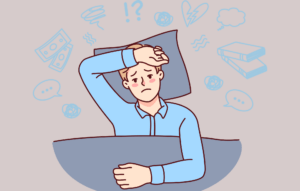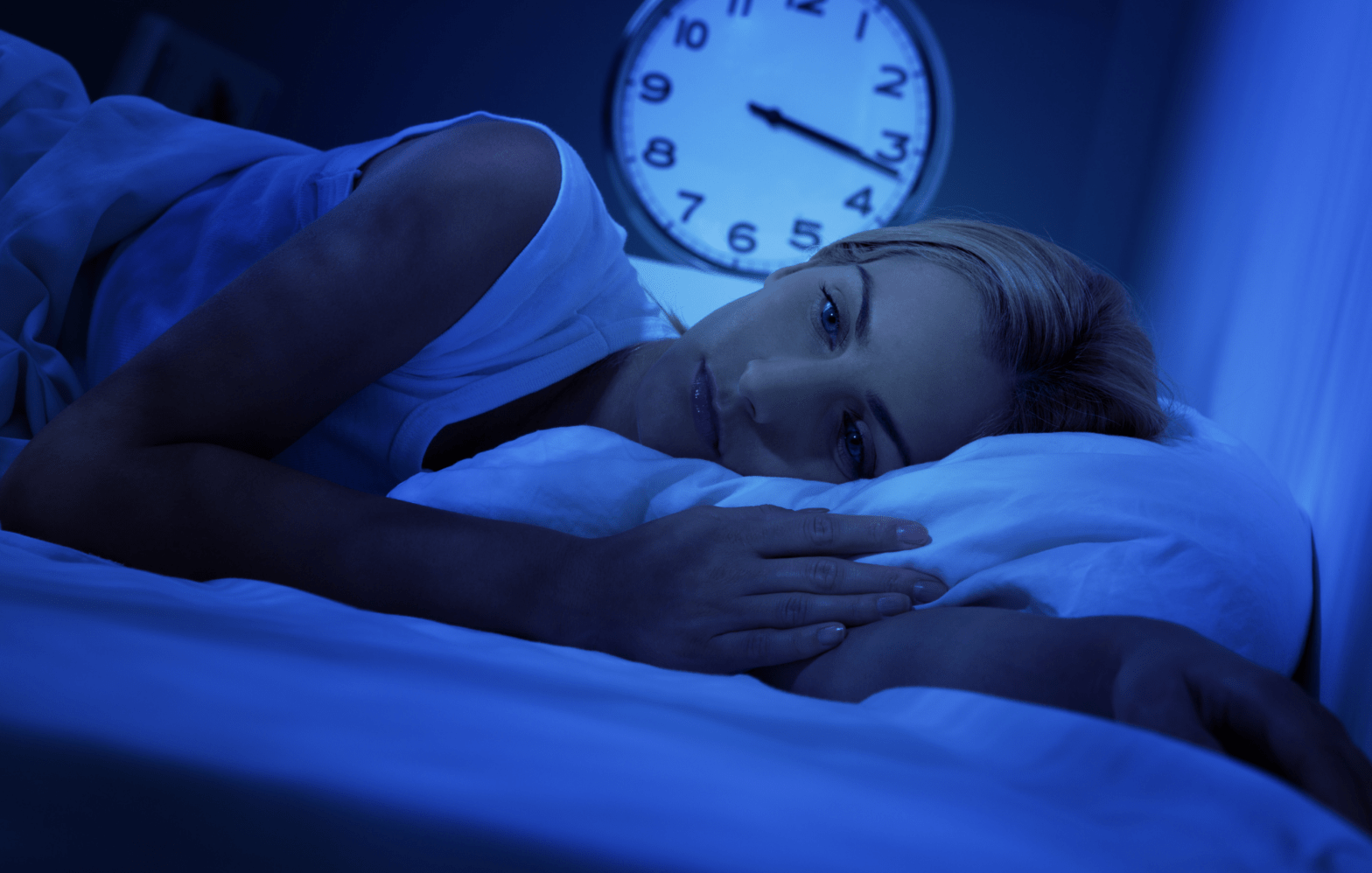In today’s fast-paced world, getting a good night’s sleep can be elusive for many. Insomnia, a common sleep disorder, affects millions of people worldwide, impacting their overall health and well-being. This blog aims to provide a comprehensive overview of insomnia, covering its causes, symptoms, and effective treatments to help better understand and manage this condition.

What is Insomnia?
Insomnia is a sleep disorder characterized by difficulty falling asleep, staying asleep, or waking up too early and not being able to return to sleep. It can be acute (short-term) or chronic (long-lasting), and it may occur independently or as a symptom of another medical or psychological condition.
Causes of Insomnia
Several factors can contribute to insomnia, including:
- Stress and Anxiety: Everyday stressors, work pressures, or significant life events can disrupt sleep patterns.
- Poor Sleep Habits: Irregular sleep schedules, napping during the day, or using electronic devices before bedtime can interfere with sleep.
- Medical Conditions: Chronic pain, asthma, arthritis, and neurological disorders like Parkinson’s disease can make it difficult to sleep.
- Psychiatric Disorders: Depression, anxiety disorders, bipolar disorder, and post-traumatic stress disorder (PTSD) are often associated with insomnia.
- Medications: Certain medications, such as antidepressants, asthma medications, and medications for high blood pressure, can interfere with sleep.
- Lifestyle Factors: Consumption of caffeine, nicotine, or alcohol close to bedtime can disrupt sleep patterns.
- Environmental Factors: Noise, light, temperature, and an uncomfortable sleep environment can affect sleep quality.
Symptoms of Insomnia
Common symptoms of insomnia include:
- Difficulty falling asleep despite feeling tired
- Waking up frequently during the night
- Waking up too early and being unable to go back to sleep
- Feeling tired upon waking up
- Daytime sleepiness or fatigue
- Irritability, mood disturbances, or difficulty concentrating
 Diagnosis
Diagnosis
Diagnosing insomnia involves a thorough evaluation of sleep patterns, medical history, and any underlying medical or psychiatric conditions. Keeping a sleep diary can help track sleep habits and provide valuable information for healthcare providers.
Treatment Options
Effective treatment for insomnia often involves a combination of approaches tailored to individual needs:
- Sleep Hygiene Practices: Establishing a consistent sleep schedule, creating a relaxing bedtime routine, and optimizing the sleep environment.
- Addressing Underlying Issues: Treating underlying medical conditions or psychiatric disorders that contribute to insomnia is crucial.
- Lifestyle Changes: Regular physical activity, managing stress, and avoiding stimulants close to bedtime can promote better sleep.
Conclusion
In the context of insomnia, compounded melatonin can be used to help regulate sleep patterns and improve sleep quality. Melatonin is a hormone that is naturally produced by the pineal gland in the brain. It plays a key role in regulating the sleep-wake cycle (circadian rhythm). Melatonin levels typically rise in the evening, signaling to the body that it is time to sleep, and decrease in the morning, promoting wakefulness. At McKenzies Compounding, we can make these into capsules, troches, oral solutions, nasal and oral sprays at varying doses, that will aid in managing your insomnia, help you wake up feeling refreshed and ready to take on the day.
References
For more information we have listed some below for your convenience:
https://www.healthdirect.gov.au/insomnia
https://www.sleephealthfoundation.org.au/sleep-disorders/insomnia-2
https://www.hopkinsmedicine.org/health/wellness-and-prevention/melatonin-for-sleep-does-it-work

